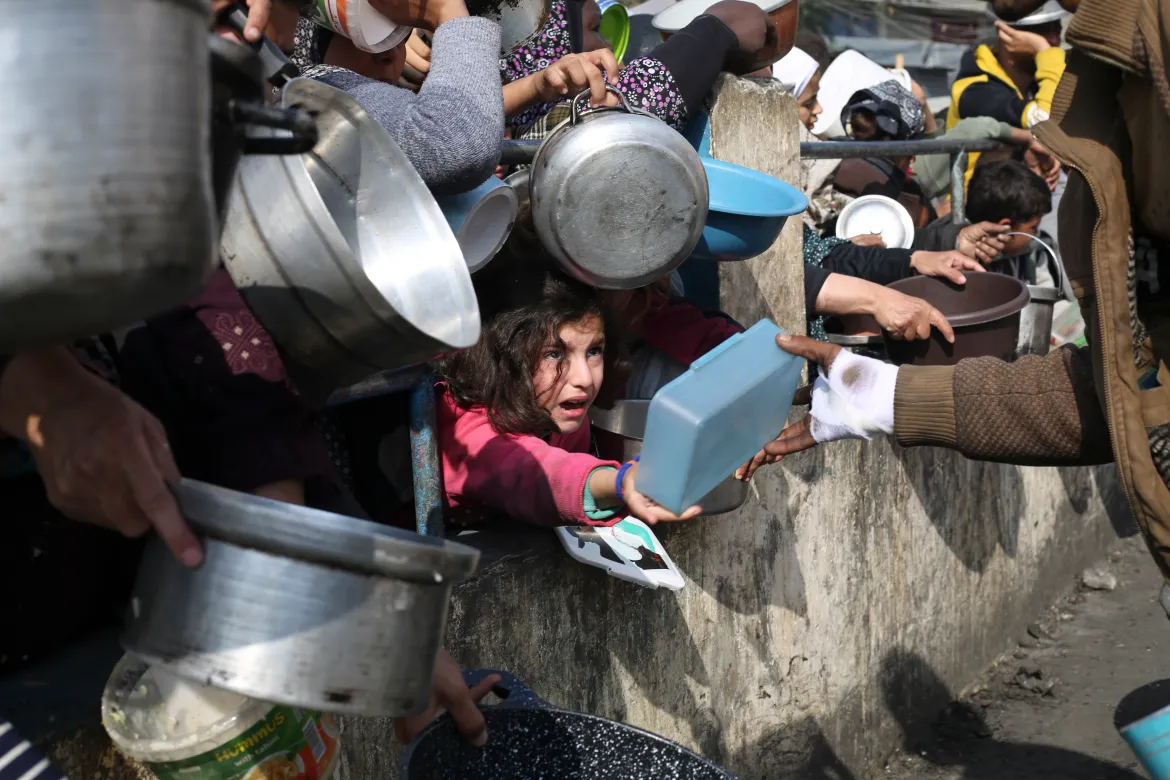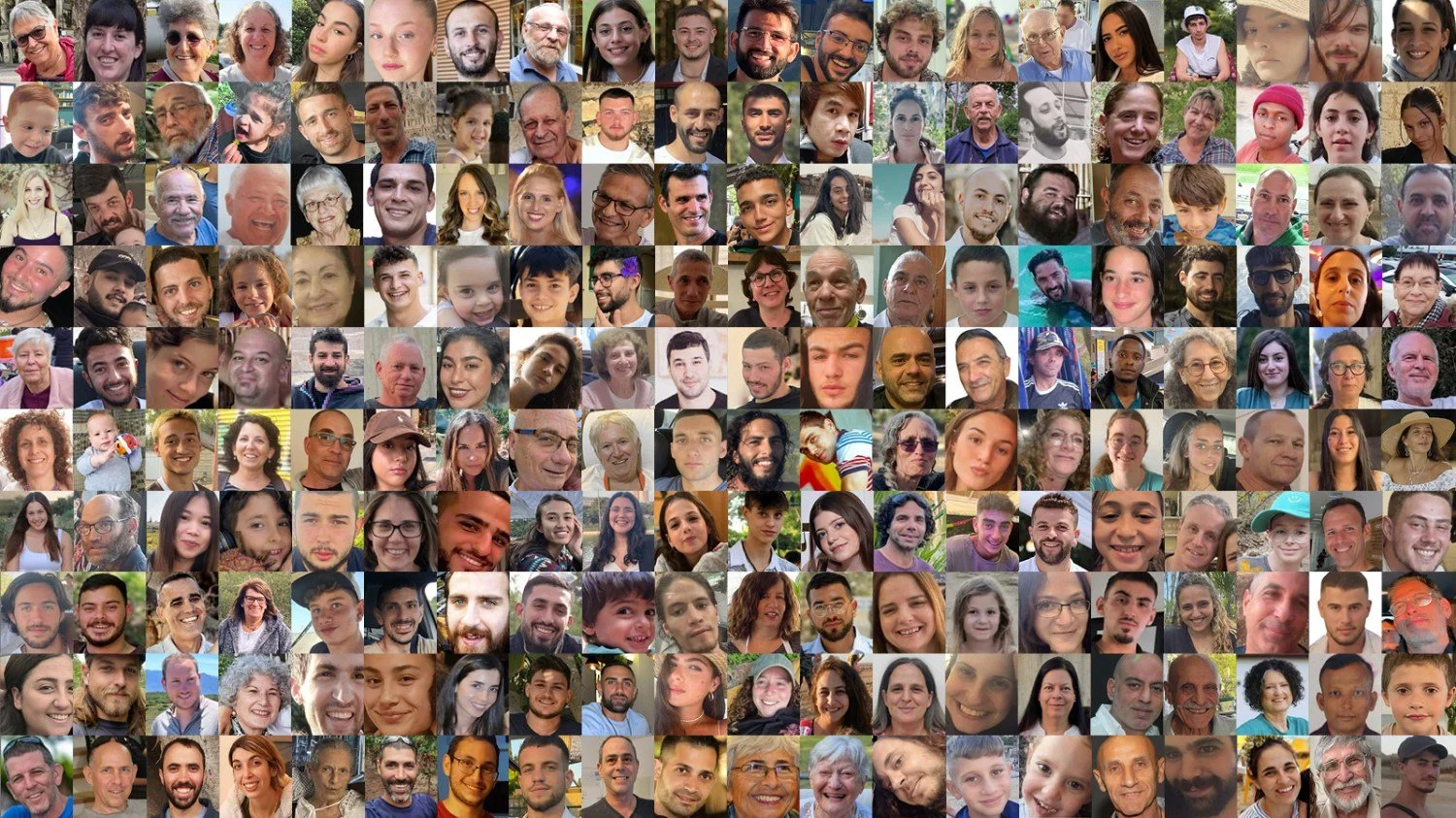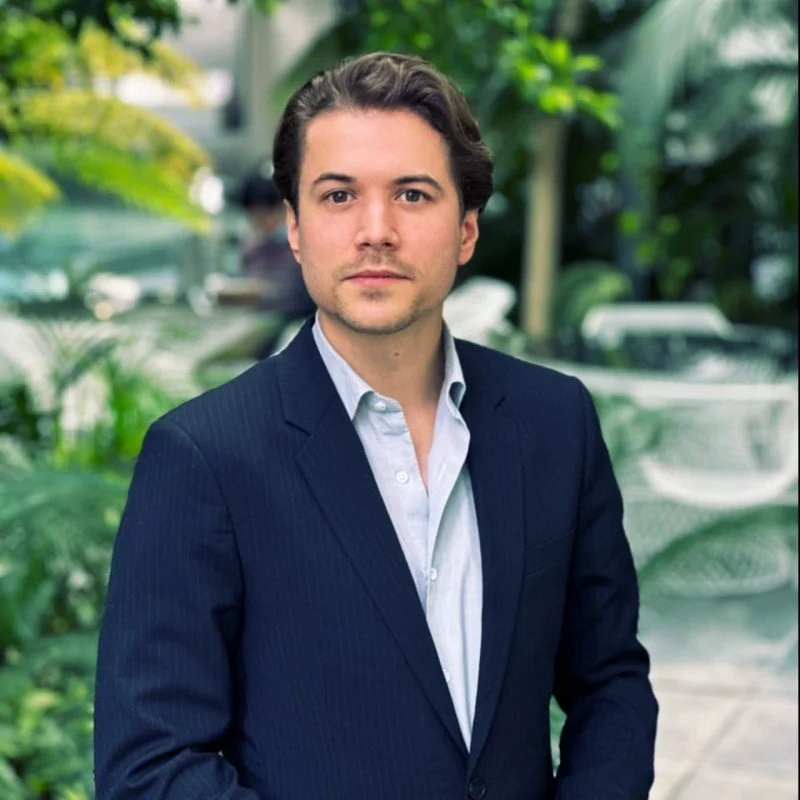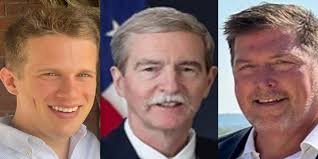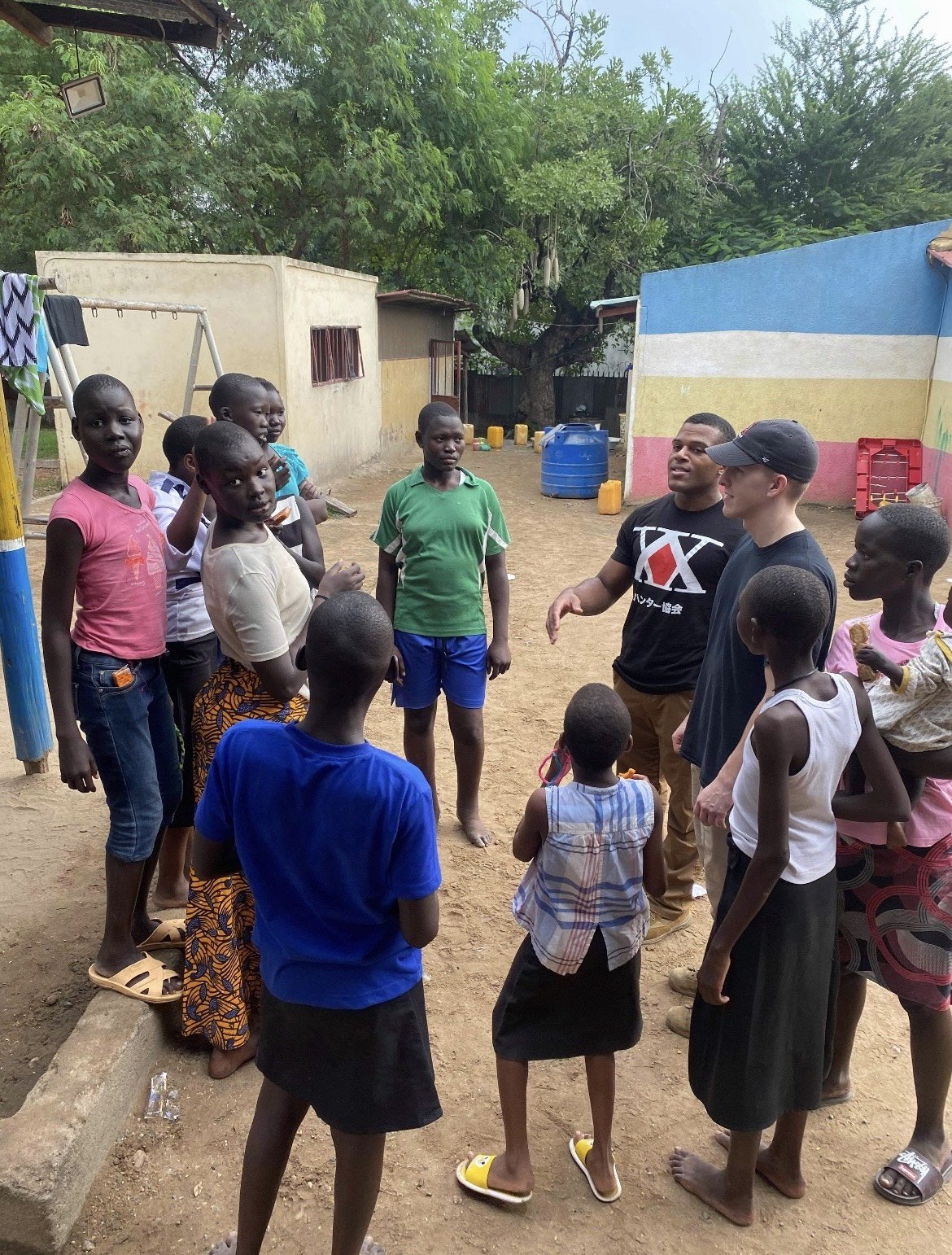Egypt and the Horn of Africa: Geopolitics, Water, and Regional Influence
Security in Context has published a timely and insightful analysis by Sherif Mansour, an Egyptian-American democracy and human rights advocate, exploring Egypt’s expanding political and military engagement in the Horn of Africa. At the center of the discussion is the Grand Ethiopian Renaissance Dam (GERD), which has been a flashpoint in regional diplomacy, with Egypt viewing the project as a threat to its water security and national interests.
Mansour, known for his longstanding work defending press freedom and civil society in the Middle East, brings critical insight into how Egypt’s strategic posture in the region intersects with broader authoritarian dynamics. He details Egypt’s efforts to counterbalance Ethiopian influence by supporting rival factions in Sudan and Somalia, as well as proposing peacekeeping deployments. His perspective highlights how overlapping environmental and political crises have intensified regional instability.
In highlighting the links between water, conflict, and power, Mansour urges a broader, collaborative response grounded in diplomacy and regional cooperation. His analysis serves as a reminder of how infrastructural and climate pressures are reshaping state behavior and alliances across East Africa.
Read the full article here:
Security in Context: Egypt and the Horn of Africa
The Human Cost of the Israel-Hamas War
Haaretz has published a detailed and harrowing timeline documenting how 50,000 Palestinians were killed in Gaza since the start of the war. This article serves as a vital record of a humanitarian catastrophe, mapping each stage of the destruction with precision and journalistic rigor.
The reporting presents an unflinching account of what occurred, day by day, from the first airstrikes to the ongoing devastation. It challenges readers to confront the reality behind the statistics and underscores the importance of bearing witness.
In a moment where narratives are contested and lives are politicized, this piece stands as a sobering reminder of the human cost of conflict.
Read the full article here:
Haaretz: 50,000 Palestinians Killed in Gaza
Al Jazeera has also published a powerful photo essay titled Israel’s War on Gaza: 12 Months, 12 Pictures, documenting the devastation experienced by Palestinians over the past year. The piece highlights the humanitarian toll through images of children queuing for food, families breaking their Ramadan fast amid rubble, and overwhelmed hospitals treating victims of bombardment. The photos, spanning January to December 2024, illustrate the widespread destruction of homes, displacement of families, and the collapse of Gaza’s healthcare and sanitation systems.
Witness a stark visual chronicle of devastation, displacement, and death:
Al Jazeera: Israel’s War on Gaza – 12 Months, 12 Pictures
To contextualize the other side of the tragedy, The Times has published a powerful visual record of the hostages taken by Hamas during the October 7, 2023 attack on Israel. The piece includes an interactive graphic showing the faces and stories of those still in captivity, those killed, and those released or rescued.
As of January 2025, 95 individuals remain in Gaza, including 62 presumed alive and 33 whose bodies are being held. The Times’ database honors the memory and humanity of the victims, drawing from family forums, media reporting, and IDF investigations.
View the photo collection and interactive database here:
The Times: Israeli Hostages in Gaza
According to the Israeli government, approximately 1,200 people were killed during the Hamas-led attack on October 7, 2023. The names of over 800 civilians who were murdered in their homes, towns, and communities confronting Hamas terrorists have been released, not including military and emergency personnel. This list is continually updated and includes casualties from related attacks following October 7.
Israeli Government Report on Civilian Casualties:
Government of Israel: Civilian Casualties (Swords of Iron)
The Human Cost of the Israel-Hamas War
Image Courtesy of Haaretz
The Human Cost of the Israel-Hamas War
Image Courtesy of Al Jazeera
The Human Cost of the Israel-Hamas War
Image Courtesy of The Times
The Human Cost of the Israel-Hamas War
Image courtesy of the Government of Israel
Peter Alegi
Peter Alegi is Professor of History at Michigan State University and the author of several books, including Laduma! Soccer, Politics & Society in South Africa and African Soccerscapes: How a Continent Changed the World’s Game. Currently, he is writing a book titled Afripod: How Scholarly Podcasting Is Changing African Studies. Alegi teaches undergraduate and graduate courses on the history of South Africa, modern Africa, and global soccer. He has received teaching awards at MSU, including the Fintz Award for Teaching Excellence in the Arts and Humanities, the ISS Teaching Excellence Award in the Social Sciences, and the Sullivan Teaching Excellence Award (twice). Alegi hosts the Africa Past and Present podcast (afripod.aodl.org) and convenes the Football Scholars Forum (footballscholars.org), an online book club. He is Book Series Editor for Michigan State University Press’s “African History and Culture” Series, and serves on the Boards of the International Journal of African Historical Studies, African Studies, and Sports Africa.
VII Foundation Exhibition
Opening April 8 at the National Museum of Bosnia and Herzegovina, April 1975: Phnom Penh / Saigon is a powerful exhibition by The VII Foundation, part of the Memory Module Program 2025. It documents the final days of the Vietnam War and the Khmer Rouge takeover in Cambodia, capturing moments of profound historical transition and human resilience as witnessed by the photographers on the ground.
Curated by Gary Knight and Jon Swain, the exhibition features over 100 photographs and personal artifacts from journalists who risked their lives to document history. It explores themes of conflict, memory, and survival through raw, unforgettable visuals. Among them is the visceral image of a man being punched—an iconic moment that encapsulates the chaos, fear, and emotion of the period. This and many other images confront viewers with the personal cost of geopolitical collapse.
Hosted by the VII Foundation, this exhibition serves not only as a memorial to those caught in the crossfire of history but also as a call to bear witness. It reminds us of the continued relevance of photojournalism in understanding the complexities of our world and honors the lives of 31 Cambodian journalists killed by the Khmer Rouge.
Location: National Museum of Bosnia and Herzegovina, Sarajevo
Opening Hours: Tue–Fri: 10 AM–7 PM, Sat–Sun: 10 AM–6 PM
Admission: Free for this exhibition
More info: https://theviifoundation.org/report/exhibitions/april-1975-phnom-penh-saigon/
Image courtesy of The VII Foundation.
Leo Stern: Consultant, Educator, and FASPE Business Fellow
Leo Stern is a consultant at Volentia, a strategy consulting firm specializing in business, geopolitics, and public affairs. Before transitioning into consulting, he worked as an orchestra conductor and saxophonist. He holds a Master’s degree in International Business and Diplomacy from HEIP Paris and has been involved in economic development initiatives in the Indo-Pacific, serving as a member of the French committee of the Pacific Economic Cooperation Council (PECC), chaired by Pascal Lamy. In addition to his consulting work, Leo is a guest lecturer in Paris, where he teaches business strategy and international relations.
In 2025, Leo was selected as a FASPE Business Fellow, recognizing his commitment to ethical leadership and integrity in professional life. The Fellowship at Auschwitz for the Study of Professional Ethics (FASPE) engages emerging leaders in a rigorous examination of ethical leadership and responsibility in the business world, grounded in historical context and contemporary challenges.
To take a look at all the Fellows, visit: https://www.faspe-ethics.org/2025-business-fellows/
This organization and its Fellowships are all the more critical in this time of descent into the darkness of corruption and autocracy.
If you wish to be nominated please contact me.
50/50 Startups - Israeli, Palestinian Collaboration and Coexistence, A Glimmer of Hope
Dear Friends and Colleagues,
There are, even in the current environment of anti-normalization and extreme polarization within our communities, resilient and persistent efforts to confront the pessimism that seems so pervasive. I have often referred to Leonard Cohen's Anthem lyric, "There is a crack, a crack in everything, that's how the light gets in." One such effort is one I am very proud to be affiliated with: 50:50 Startups. One of its core creators is my friend, and Trebuchet mentor, Amir Grinstein.
We will gather with a small group of bold Israeli and Palestinians, unique, courageous entrepreneurs who are alumni of the 50:50 Startups program, who will talk about their experiences building startups together.
The question we are entertaining is:
"Can Entrepreneurship Bridge an Extreme Divide?"
These unique, courageous entrepreneurs are alumni of the 50:50 Startups program, which brings Israelis and Palestinians together to develop and nurture collaborative startups. Northeastern University is its critical partner.
Attached, please find the flyer with all of the speakers' bios.
There will be excellent food, drinks, and perhaps a bit of hope and inspiration.
We look forward to seeing you soon.
Please RSVP soon by writing to both Amir and me.
Sherman and Amir
PS – Apologies for the late invitation. I was abroad until very recently.
Kansas Senators Urge Action Against Bird Flu Threat
Kansas Senators Patrick Schmidt, William Clifford, and Jeff Klemp are calling for urgent measures to combat the growing threat of Highly Pathogenic Avian Influenza (HPAI). With millions of birds already culled and rising concerns about potential livestock infections, the senators stress the need for increased funding, enhanced biosecurity, and accelerated vaccine development. They warn that without immediate action, food shortages and economic instability may worsen.
LTC Shanzhi Thia Recognized for Outstanding Academic Achievement and Maritime Research
LTC Shanzhi Thia was recently honored with two prestigious awards at the U.S. Naval War College.
LTC Thia (left) is seen receiving the esteemed Admiral Arleigh A. Burke Award from the President of the Naval War College, Rear Adm. Peter Garvin (right). The Admiral Arleigh A. Burke Award is presented to the International Student with the best academic performance across both intermediate and senior classes — a testament to LTC Thia's exceptional dedication and intellectual rigor.
In addition to this achievement, LTC Thia was also recognized with the Naval Submarine League Award, awarded for the best paper on a subject related to submarine warfare. His insightful essay, "Promises and Pitfalls: Prospects for Submarine Rescue Cooperation between the United States, and Russia and China, in the Indo-Pacific," stood out for its depth of research and strategic analysis.
LTC Thia's unwavering commitment to academic excellence and his invaluable contributions to maritime security studies continue to inspire and demonstrate the highest standards of scholarship and service.
Polarization in the Wild: Understanding Our Global Divides
Hope Makers in the Living Room presents a timely and thought-provoking conversation on one of the most pressing issues of our time: polarization.
From climate change debates to the rise of populist movements and the global pandemic, polarization isn’t just a buzzword—it’s actively reshaping our societies and democracies. But what does it really mean, and what can we do about it?
Join us for an evening of reflection and dialogue with Dr. Kati Kish Bar-On (MIT & Northeastern), who will explore the roots and implications of societal division—and why it so often leads to hatred.
Date & Time:
March 26
Starts at 7:30 PM
Location:
82 Atherton Rd., Unit 2
Brookline, MA 02446
Come be part of the conversation and help imagine ways forward, together.
Organize with Back from the Brink: Youth-Led Strategy on Nuclear Disarmament
Join Back from the Brink’s Boston-area Organizing Hub for a powerful afternoon of planning and collaboration to set goals and strategies for the year ahead. As the threat of nuclear war looms larger, this event offers an important opportunity to work together for disarmament and a safer future.
Date: Sunday, March 16
Time: 2:00–4:00 PM
Location: St. James’ Episcopal Church, 1991 Massachusetts Ave, Cambridge, MA 02140
The session will feature Maria Udalova, a Brookline High School student and member of Students for Nuclear Disarmament, as the guest speaker. Her youth leadership and perspective are a key highlight of this gathering.
Attendees will take part in breakout groups focused on:
State and federal legislation
Coalition building
Organizational outreach
Youth engagement
Media strategy
Whether you're new to the movement or a returning organizer, this meeting is a chance to connect, collaborate, and build momentum.
RSVP to: info@gbpsr.org
We need your voice in shaping our future.
Mark Silk
Mark Silk graduated from Harvard College in 1972 and earned his Ph.D. in medieval history from Harvard University in 1982. After teaching at Harvard in the Department of History and Literature for three years, he became editor of the Boston Review. In 1987 he joined the staff of the Atlanta Journal-Constitution, where he worked variously as a reporter, editorial writer and columnist. In 1996 he became the first director of the Leonard E. Greenberg Center for the Study of Religion in Public Life and in 1998 founding editor of Religion in the News, a magazine published by the Center that examines how the news media handle religious subject matter. In June 2005, he was also named director of the Trinity College Program on Public Values, comprising both the Greenberg Center and a new Institute for the Study of Secularism in Society and Culture.
Olivia Nielsen
Olivia Nielsen was born and raised in Paris by American parents and found her way into the housing sector somewhat unexpectedly—while working for CEMEX, a global cement company, during the Haiti earthquake response. What began as a crash course in post-disaster reconstruction turned into five years living in Haiti and the Caribbean, developing housing projects across Latin America.
After years focused on construction, Olivia decided that pouring cement was the easy part—and turned her attention to the harder challenges: land, policy, and housing finance. As a consultant for the World Bank, she has supported housing policy reforms in over 50 countries, from Papua New Guinea to the Central African Republic, helping governments design systems that make safe, affordable housing possible.
She is now a Principal at Miyamoto International, a global engineering firm specializing in resilience, where she leads the firm’s affordable housing policy practice. Olivia lives in Brookline, Massachusetts with her family and animals, and travels frequently to support the development of housing systems that work for all.
Maya Jacobs
Maya Jacobs currently works at Internews where she serves as the Deputy Chief of Party (deputy director) for a $42.25 million global internet freedom program that focuses on gender and marginalized groups and supports local civil society, independent media, and human rights defenders to better prevent and respond to digital repression.
Maya previously oversaw management and fundraising for the Southeast Asia portfolio at the International Foundation for Electoral Systems (IFES). Programs in the portfolio focused on media literacy, information integrity, youth civic engagement, LGBTQI+ inclusion, electoral operations and management, cyber security, anti-corruption, civil society resilience, disability inclusion and women’s political participation. She also led the development of the organization’s Do No Harm and Safeguarding policies and led an LGBTQI+ working group to carry out IFES’s approach to LGBTQI+ inclusion.
Prior to IFES, Maya developed and implemented programs for Freedom House’s Asia team that focused on fundamental freedoms and democracy. She has consulted at Banyan Tree Foundation and the International Center for Nonviolent Conflict and previously worked at ICF International.
Maya holds an MA in international affairs from the Elliott School of International Affairs at The George Washington University and a BA in environmental studies from Connecticut College. Maya resides in the greater Boston area.
Ankita Kushwaha
Ankita Kushwaha is a lecturer at Sai University, Chennai, and a Ph.D. research scholar at Centre for Philosophy, Jawaharlal Nehru University, New Delhi. She holds an M.Phil. from the University of Hyderabad and an M.A. from Jawaharlal Nehru University. She has co-instructed courses such as Critical Thinking and Ethics at Sai University. She has also taught the Ethics course for Undergraduates at the Centre for Philosophy, Jawaharlal Nehru University.
Kushwaha’s area of specialization lies in social-political philosophy, with a particular focus on the relationship between religion and the state in India. Her research aims to explore how to maintain peaceful coexistence in a diverse society like India and to analyze the justifications for the approaches taken towards religion in the country.
Kushwaha has published a book review of Neera Chandhoke’s book Rethinking Pluralism, Secularism and Tolerance: Anxieties of Coexistence, published in Perspectives: UCD Postgraduate Journal of Philosophy (Vol 9, pp. 361 365). She has also presented papers, Gandhi’s Idea of Truth & its Relation to Secularism, presented in the 94th Session of the Indian Philosophical Congress, “Beyond Neutrality: State and the Role of Religion,” at the International Conference for Multidisciplinary Trends in Social Sciences and Humanities, organized by Manipal University, Jaipur, and “Beyond Coexistence: An Exploration of Peace through Justice and Fraternity” on the Indian Philosophy Network Colloquium. She has also contributed a blog article, “Traditional vs Colonial: Navigating Dichotomies of Philosophy in India,” to the Indian Philosophy Network website.
Megha Kapoor
I am Megha Kapoor, a PhD research scholar at the University of Delhi and Lecturer at Sai University in Chennai, Tamil Nadu. I embarked on my academic journey at the University of Delhi, where I earned a Bachelor of Arts in Philosophy. My passion for philosophical inquiry led me to continue my studies at the same university, completing a Master of Arts in Philosophy. I then pursued an M.Phil. in Philosophy at the University of Hyderabad, where I achieved a CGPA of 9.0. Currently, I am working towards a PhD in Philosophy at the University of Delhi, which I began in 2020. As I often say, I call myself a lover of philosophy, and this love has been the driving force behind my academic pursuits.
Throughout my journey, I’ve sought to expand my understanding and expertise through various certifications. I received a Post Graduate Certificate in Gandhian and Peace Studies from Indira Gandhi National Open University (IGNOU) in 2018, followed by a Certificate in Human Rights in 2019. In 2020, I completed a course in Religion, Conflict, and Peace from HarvardX, as well as a certificate in Death Penalty Law and Advocacy from the Capital Punishment Justice Project, Australia.
My academic work has allowed me to present papers at several esteemed conferences. I’ve shared my thoughts on topics such as “Rethinking Peace and Prosperity: A Gandhian Perspective” at the Indian Philosophical Congress, “Power, Responsibility, and Peace Post Covid-19 Era” at the Saint Damian Conference in Belgium, and “Beyond Coexistence: An Exploration of Peace through Justice and Fraternity” on the Indian Philosophy Network Colloquium. My research on “The Impact of Globalization on Peace” was presented at the International Conference on Peace and Conflict Resolution in Tehran, Iran.
In addition to my presentations, I have published papers and articles that reflect my philosophical inquiries. One such paper, titled “Ecological Solidarity: A Philosophical Analysis through Societal-Environmental Dialectic,” was published in the Bangladesh Journal of Bioethics. I also contributed to the Indian Philosophy Network with a blog post titled “Traditional vs Colonial: Navigating Dichotomies of Philosophy in India.” I believe in the conversation between discourses without boundaries, and this belief has guided much of my work.
My areas of expertise include the Social and Political Philosophy of India and the West, Peace Studies, Human Rights, Postmodern and Postcolonial philosophy, and Philosophy and Fiction.
Beyond academia, my heart lies in humanitarianism and philanthropy — the areas I aim to build my career. In 2013, I volunteered as a teacher at a Primary Government School in Noida, Uttar Pradesh, as part of the Igniting Young Minds project, where I helped provide life skills education to underprivileged children. I was also involved in The Mahābhārata Project, organizing webinars on “Yoga Consciousness in Mahābhārata and Bhagavadgītā.” Since 2022, I’ve been serving on the editorial team of The Mahābhārata Project, assisting in the publication of an edited volume.
I firmly believe that kindness and compassion are the primary precepts of life, and these values continue to guide both my academic endeavours and my broader aspirations.
Mitchell Pitts
I’m Mitchell Pitts, an MBA candidate at Boston University Questrom School of Business and a former U.S. Marine. My journey has been anything but traditional—I went from serving in the military and working in satellite communications to securing U.S. embassies abroad and now transitioning into the world of business. My passion lies at the intersection of global development, infrastructure, and strategic leadership, all driven by a desire to create meaningful impact.
During my time in South Sudan, I saw firsthand the effects of humanitarian crises, which reshaped my perspective on leadership and service. It wasn’t just about security—it was about finding ways to contribute, like organizing fundraisers for local orphanages and improving logistical systems to make operations more effective. In Vienna, I focused on modernizing security protocols, and in Bangkok, I managed financial operations while mentoring a team of Marines. Each experience reinforced my belief that leadership isn’t just about authority—it’s about adaptability, collaboration, and making decisions that improve people’s lives.
Now, at Questrom, I’m focused on applying these experiences to a future in infrastructure and global development, working alongside engineers and policymakers to build sustainable projects that enhance communities worldwide. I thrive in fast-paced, mission-driven environments and am always looking for opportunities to bring strategy and execution together to drive real change.
It would not be an exaggeration to say that I met Mitch through Remi, who befriended Baron—a large, regal dog I immediately nicknamed "The Aristocrat." His humans, Jeff and Elizabeth, became friendly with me, and I soon learned that Jeff often provided housing for people passing through the neighborhood. The first guest was a remarkable Iranian artist, who is now an MBA student at BU’s Questrom School of Business. As it turns out, we have much in common, including an unusual, non-traditional childhood. He grew up in many states and spent the last three and a half years living in South Sudan, Vienna, and Bangkok.
Our conversations have covered a wide range of topics, from Marine Corps concerns to the ideation of creating a new university. I am continually struck by his intellectual curiosity and career aspirations, which align closely with the core mission of the Institute of Global Leadership, spanning foreign service and humanitarian issues. Remarkably, he lives just 150 steps away from me—a serendipitous proximity that has fostered a relationship marked by productivity and stimulating discussions, ranging from sports to Wernher von Braun. His name is omnipresent in Huntsville, Alabama, including the mansion-turned-museum atop Monte Sano Mountain.
I enjoy learning from Mitch, and our occasional differences in opinion only serve to sharpen our thinking. His experiences are meaningful and diverse. As I write this, we are about to depart for Bangkok. He has already taken the initiative to redesign a website through a friend's connection, just one example of his resourcefulness. When I use the word "productive," I do so with full appreciation of the balance between meaningful work and the engaging conversations we have while collaborating.
Stories from the Lab: Three African Women Scientists on Building Capacity and Becoming a Leader
Curious about what it takes to build scientific capacity in developing countries? Wondering how women scientists forge careers and strengthen institutions in resource-limited environments?
Join Seeding Labs for an exclusive webinar:
“Stories from the Lab: Three African Women Scientists on Building Capacity and Becoming a Leader”
Date: February 25, 2025
Time: 9:30 a.m. EST
In this inspiring hour-long fireside chat, three African women will share their personal journeys of building scientific capacity in their home countries. The event will be structured as a moderated discussion, with time for audience questions.
Moderator:
Dr. Kala Subramanian, Operating Partner, Flagship Pioneering and Seeding Labs Board Member
Panelists:
Prof. Ibok Oduro, Fellow, Ghana Academy of Arts and Sciences; Kwame Nkrumah University of Science & Technology, Ghana
Dr. Rana M.I. Morsy, Lecturer, Faculty of Pharmacy, Assiut University, Egypt
Dr. Mama Sy, Lecturer, Faculty of Medicine, Université Cheikh Anta Diop de Dakar, Senegal
These unique stories highlight the challenges and opportunities for scientists in developing countries—and the power of perseverance in the lab.
Registration is free, but space is limited. Don’t miss this special opportunity to engage with scientists driving change where it’s needed most.
Hosted by Seeding Labs, connecting scientists in developing countries with the tools and resources for impactful research.
Sai University Graduation Ceremony
A Letter from My Sai University Students:
Just wanted to take a moment to share some snapshots from the graduation ceremony with you. It was a truly special day, and we wanted to express my gratitude for all the guidance and support you provided throughout our academic journey.
On a side note, I was honored to receive the gold medal for securing the highest GPA in my cohort. Your mentorship and the knowledge I gained from your classes played a significant role in this achievement, and I sincerely appreciate all your encouragement.
Thank you once again for your invaluable support. We hope to stay in touch!
Regards,
Abhi, Dakshajaa and Veda
Meeting with Seth Karamage
Meeting with my dear Rwandan friend Seth. I'm advising him on his UMASS Boston political science PhD thesis on civil-military relations in Africa; coups and democracy.
Could the Israel/Hamas ceasefire lead to lasting peace?
NEW PODCAST EPISODE:
Could the Israel/Hamas ceasefire lead to lasting peace?
We should report the reality, which is complex and painful sometimes. But it's very difficult to do that when you are in specific system in your media outlet. You are a reporter, but you're also an Israeli or a Palestinian, a Gazan or a Tel Avivan. You report about what hurts you the most, and you tend to be oblivious to the suffering of the other. It's very human, but it's also very wrong."
— Ksenia Svetlova
Political analyst and peacebuilder Ksenia Svetlova has her finger on the pulse of Middle East politics and media — and a mission to build a peaceful, integrated region.
Israel and Hamas are just over two weeks into a ceasefire agreement after fifteen months of fighting.This is a paradoxical moment to talk about long-term peace. The horrific October 7th attacks and the near-destruction of Gaza that followed served to amplify already high levels of distrust, hate, and trauma. At the same time, the war has demonstrated to Gazans that their government placed conflict with Israel above their own survival. And it has shown Israelis that an indefinite blockade of Gaza doesn’t ensure their security.
Yet with all it's complications, the cessation of hostilities does offer an opportunity to envision a way out of this seemingly endless conflict.
Our guest for this episode is Ksenia Svetlova, an expert observer of politics and media in the Middle East and the executive director of the Regional Organization for Peace, Economics, and Security, or ROPES.
Svetlova is an immigrant to Israel from the Soviet Union, an Arabic speaker and a Middle East specialist. For fifteen years, Svetlova reported from Israel, Gaza, the West Bank, and different countries in the region. She served four years in Israel’s parliament representing the center-left Zionist Union Coalition.



